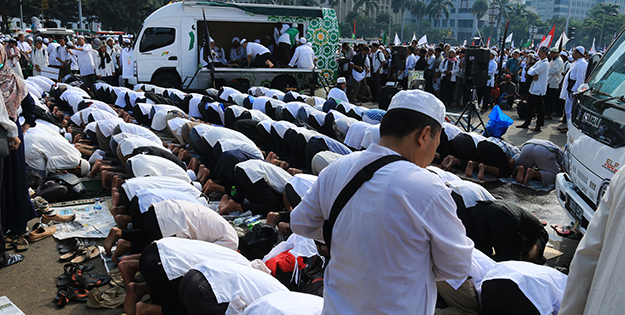In the grand tapestry of human civilization, religion has served as a guiding star for countless souls traversing the complex landscape of morality, purpose, and community. However, the phenomenon of blasphemy—often portrayed as a thorny issue—raises questions that transcend mere theological discourse. Within the Bahá’í teachings, a profound understanding emerges, illuminating the dignity of religious belief and the catastrophic consequences of fitna, or discord. This article elucidates these teachings, inviting readers to explore the foundational values that protect the sanctity of faith.
To grasp the Bahá’í perspective on blasphemy, it is essential first to appreciate the broader context of human understanding regarding the sacred. Blasphemy can be likened to an uninvited storm that disrupts the tranquil seas of spiritual discourse. It stems from a plethora of sources—misinterpretation, personal grievances, or even sectarian strife—often leading to a cacophony of voices that polarize rather than unify. The Bahá’í teachings advocate for a profound respect for all religions, urging adherents to view diverse faiths as petals of a larger flower, each contributing unique beauty yet founded on the same spiritual roots.
At the heart of the Bahá’í approach is the paramount importance of dignity. Each individual, endowed with unique attributes, deserves respect and reverence. The idea that blasphemy undermines this dignity is intrinsically woven into Bahá’í thought. When a follower disparages another’s faith, it is akin to ripping a thread from the exquisite fabric of humanity. Such actions obfuscate the underlying oneness—an essential principle of the Bahá’í teachings—that binds all individuals irrespective of their religious affiliations.
In exploring the conceptual apparatus of fitna, the Bahá’í writings expound on the inherent dangers of discord. Fitna, often characterized by unrest and division, is not merely a social ailment but a spiritual malaise that erodes moral integrity. Due to the interconnectedness of humanity, the ramifications of fitna ripple outward, affecting communal harmony and the disillusionment of faith. Within this framework, it becomes clear that blasphemy operates not as an isolated act, but as a symptom of a broader malaise with roots entrenched in ignorance and misunderstanding.
To illustrate this idea, consider the metaphor of a garden. In a flourishing garden, the diversity of plants—different in size, color, and form—represents various faiths and beliefs. When gardeners engage in mindful cultivation, fostering an environment of understanding and acceptance, the garden thrives. However, when one plant is uprooted or belittled, the balance is disrupted, leading to a decline in the overall vitality of the ecosystem. Similarly, in the realm of spiritual belief, blasphemy acts as a toxin, threatening the unity and growth of the human spirit.
The Bahá’í teachings further articulate that the quest for truth should be undertaken with humility and open-mindedness. Blasphemy often arises from a fervent, yet misguided belief in the exclusivity of one’s perspective. The Bahá’í Faith invites followers to embrace the virtues of inquiry and dialogue. Every interaction is an opportunity to deepen understanding, challenge misconceptions, and foster empathy. This ideology propels adherents towards a collective pursuit of truth, whereby individuals are encouraged to dismantle the barriers erected by bias and prejudice.
Moreover, the concept of progressive revelation, a cornerstone of Bahá’í belief, posits that no single religion holds a monopoly on truth. Instead, all religious teachings are seen as successive chapters in a divine narrative. This perspective fosters a deep respect for the sanctity of each belief system. In this context, blasphemy transforms into a lost opportunity for compassion and intellectual engagement. Rather than vilifying those who diverge from our beliefs, Bahá’ís are called to recognize the shared quest for meaning that unites all humanity.
Furthermore, combating the allure of fitna necessitates a commitment to justice and equity. The Bahá’í Faith proclaims that justice is the greatest safeguard against contention. By ensuring that individuals can express their beliefs without fear of reprisal or ridicule, society thrives. This setting becomes fertile ground for mutual respect and understanding. The teachings emphasize that when justice flourishes, the seeds of social harmony can take root, thereby diminishing the power of blasphemy and division.
In conclusion, the Bahá’í perspective on blasphemy, fitna, and the dignity of religion provides a nuanced framework for navigating the complexities of faith in a pluralistic world. By advocating for respect, dialogue, and the pursuit of justice, Bahá’í teachings illuminate a path toward coexistence. The delicate balance between protecting one’s beliefs and honoring the beliefs of others can be maintained through compassion and understanding. In embracing this approach, humanity can cultivate a thriving garden of diverse faiths—each a reflection of the divine beauty that enriches our shared existence.
